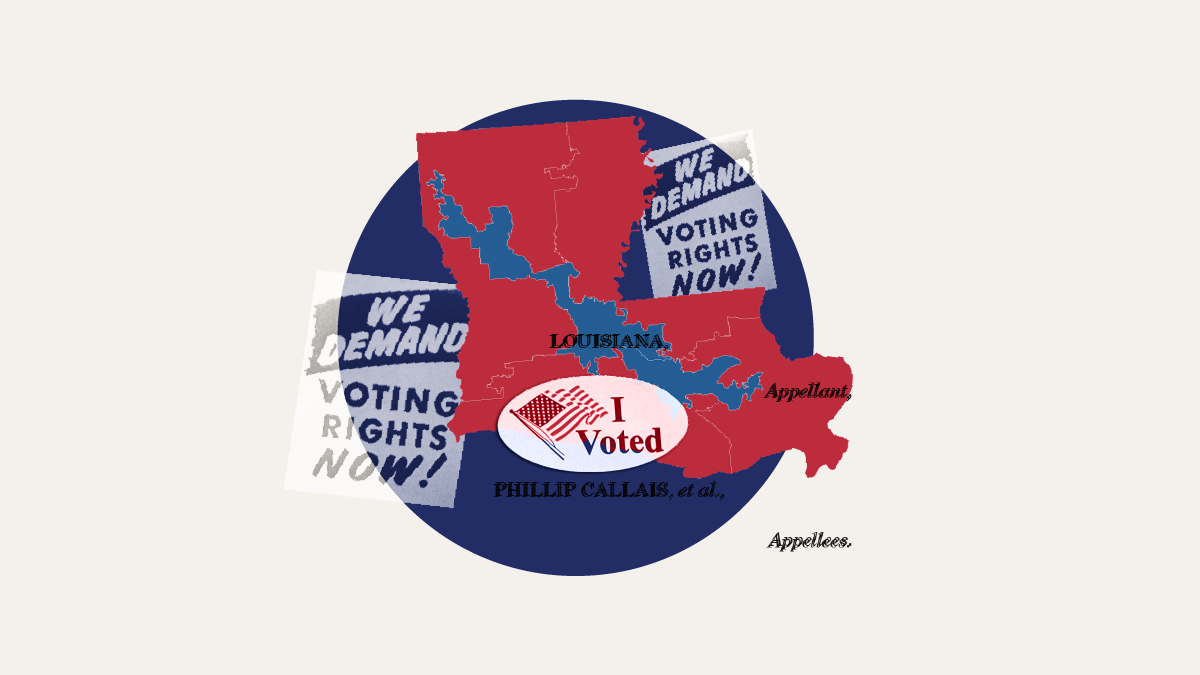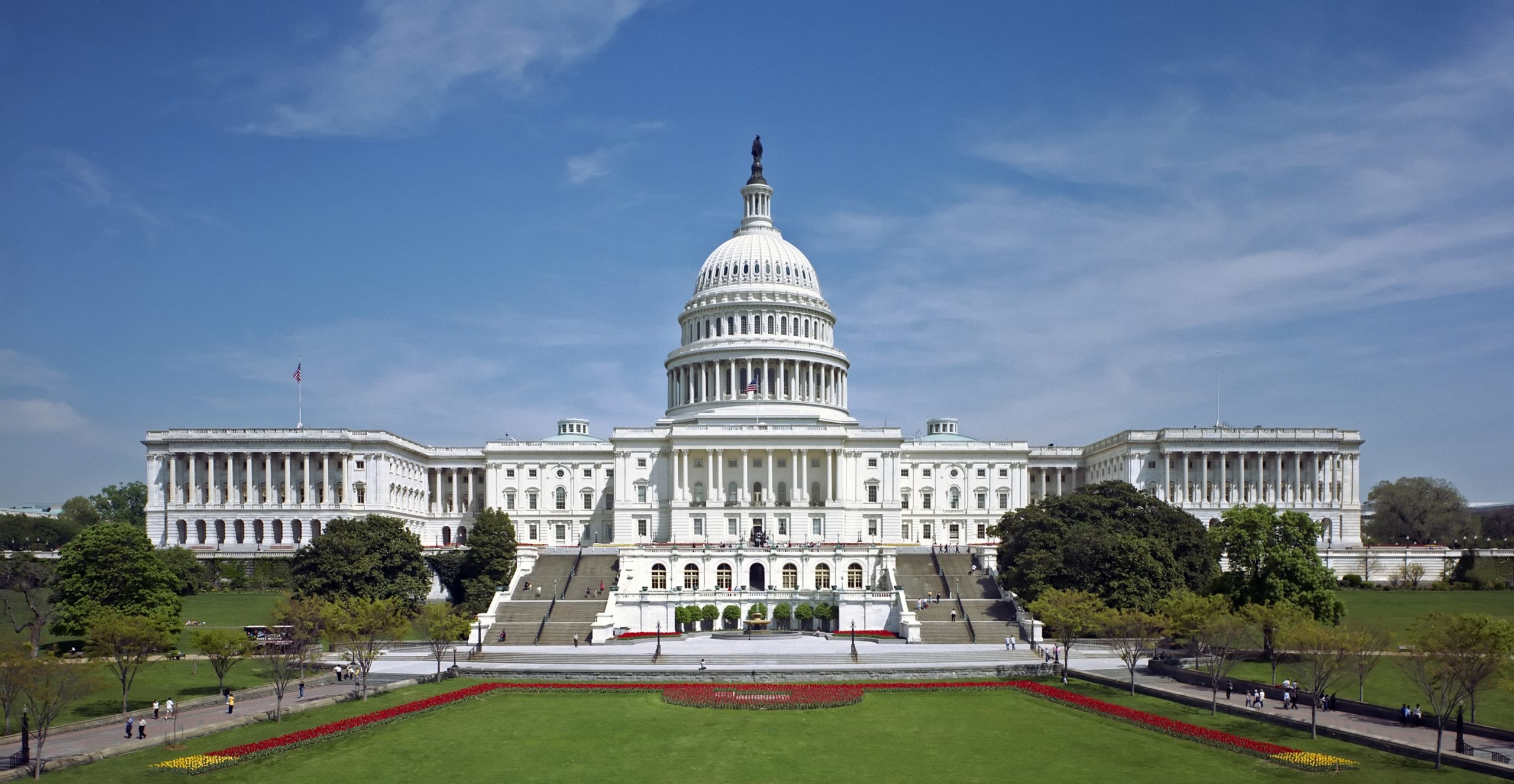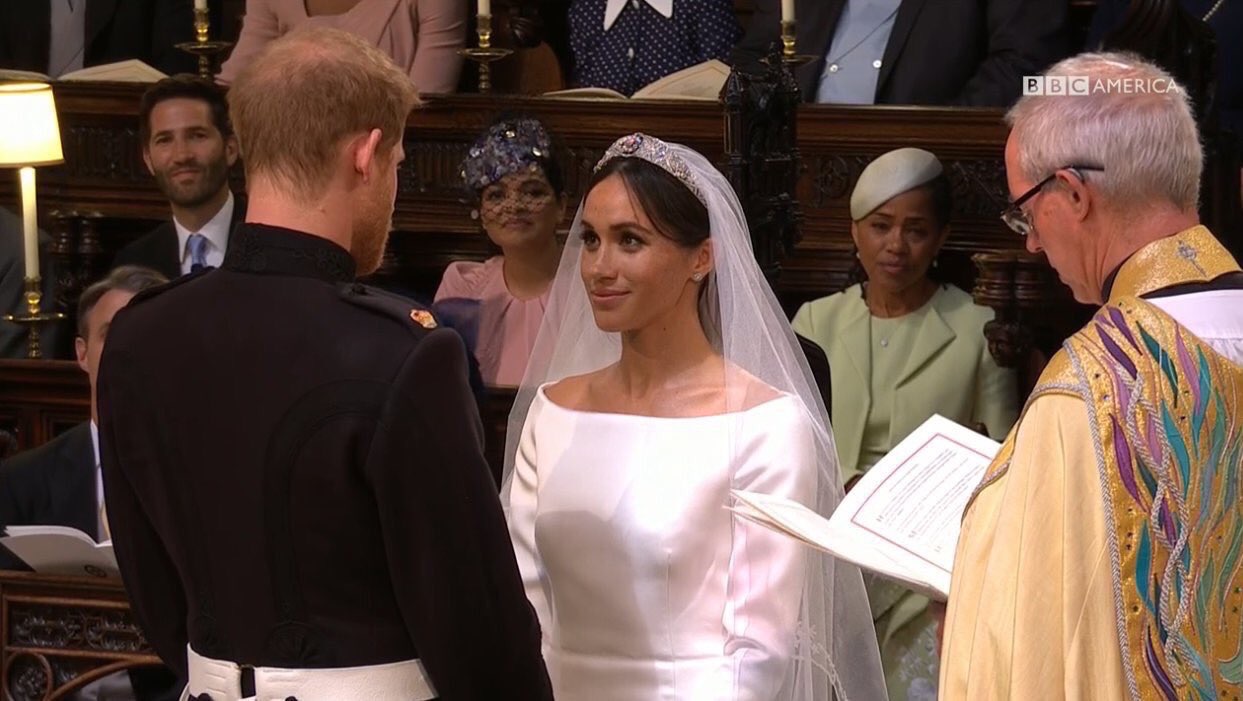The Fight for Voting Rights Continues at the Supreme Court—What Louisiana v. Callais Could Mean for Gender Justice

In what may be the worst possible way to celebrate the 60th anniversary of the Voting Rights Act, the Supreme Court is taking up a case called Louisiana v. Callais that could undermine this landmark law and its sweeping civil rights protections. And it could help advance Project 2025’s goal of making it harder for all people to have a say in their country’s future.
Louisiana v. Callais challenges a signature section of the Voting Right Act that prevents states from drawing up new voting districts or implementing new laws that would discriminate against or unfairly dilute the voting power of racial and ethnic groups.
Vote dilution means that the impact of a group of voters is lessened on the basis of race, color, or the language they speak. One common example you may have heard of? When lawmakers create unfair voting maps that separate Black communities into separate districts to prevent them from electing leaders of their choice.
These hard-fought protections brought America closer to living up to its promise of a nation of, by, and for all people. After civil rights activists got Congress to pass the law, Black communities’ voter participation and representation in elected office skyrocketed.
The change was most transformative for Black women, who since the passage of this law, have become one of the most influential voting blocs in the country and have helped to secure crucial victories for women and girls.
The case before the Court this term, Louisiana v. Callais, could undo these longstanding protections – putting groups with a long history of being denied access to the ballot box at risk of losing that access.
Under the Voting Rights Act, courts must sometimes take race into consideration to ensure fair representation when voting district maps are challenged. So, in Louisiana, a state where one-third of the population is Black, the legislature was directed to redo their voting district maps after a court found that they violated voting rights protections by diluting the votes of Black communities. The new maps, which more fairly represented these communities, created two majority-Black districts out of six total districts.
The plaintiffs in the case, a self-described group of “non-African American voters,” are challenging these fairer voting maps by arguing that they violate the Equal Protection Clause of the Fourteenth Amendment. In essence, they’re saying that the state shouldn’t be allowed to consider race for any reason, even to remedy discrimination, when drawing voting district maps.
The Supreme Court heard the case in March 2025, but it decided to rehear the case to consider whether using race to redraw unfair maps violates the Constitution.
In an age where our president and his allies in Congress are hell-bent on breaking every democratic norm and law to create uncertainty and consolidate power, you may be thinking: what’s one more bad Supreme Court decision?
But the truth of the matter is that the right to vote is fundamental to unlocking our other rights, too. With the right to vote, we can vote for bodily autonomy. For economic security for our families and communities. For safer, stronger, and freer communities.
When the right to vote is under attack, our freedoms, protections, and security all hang in the balance.




